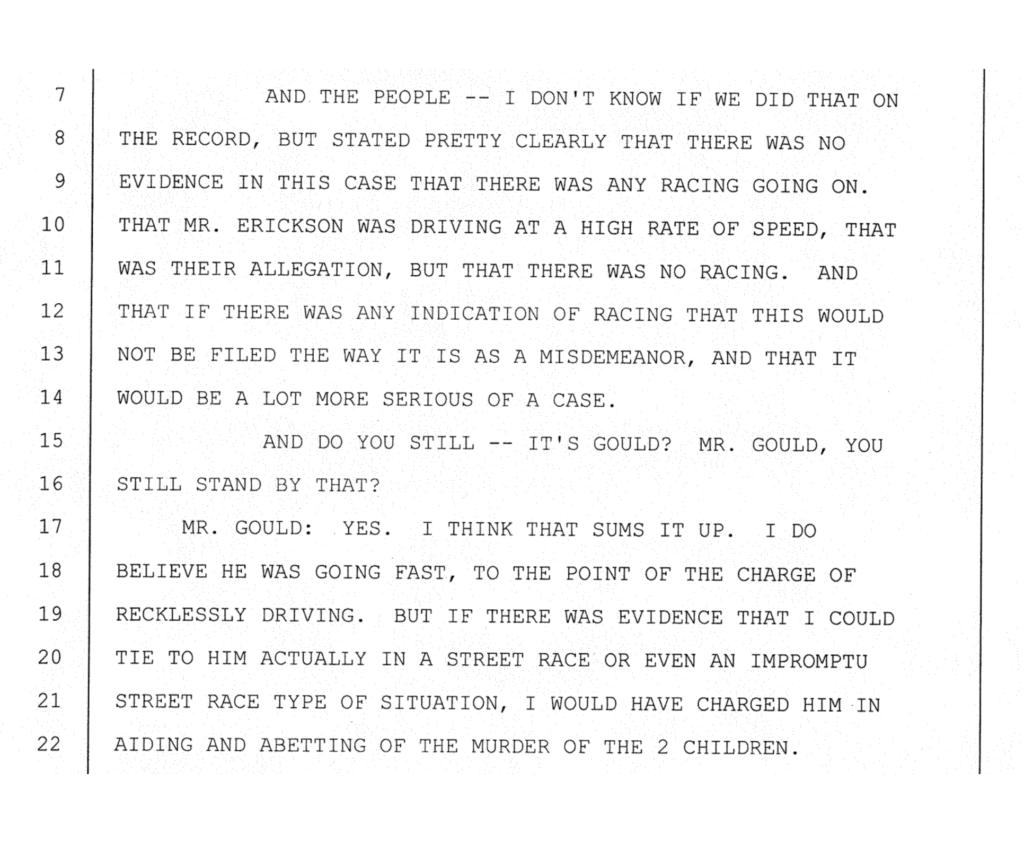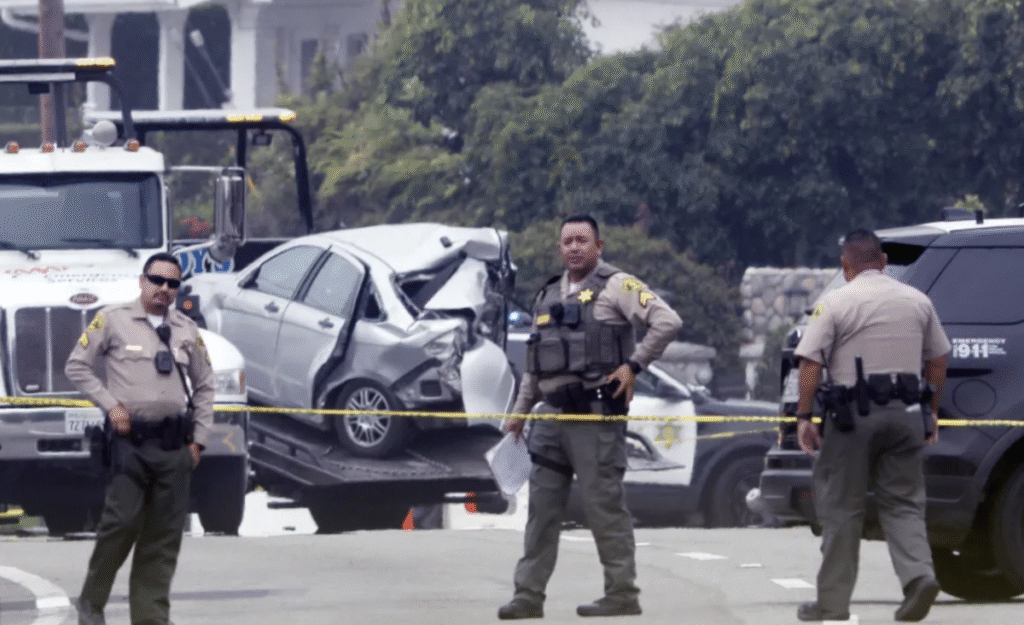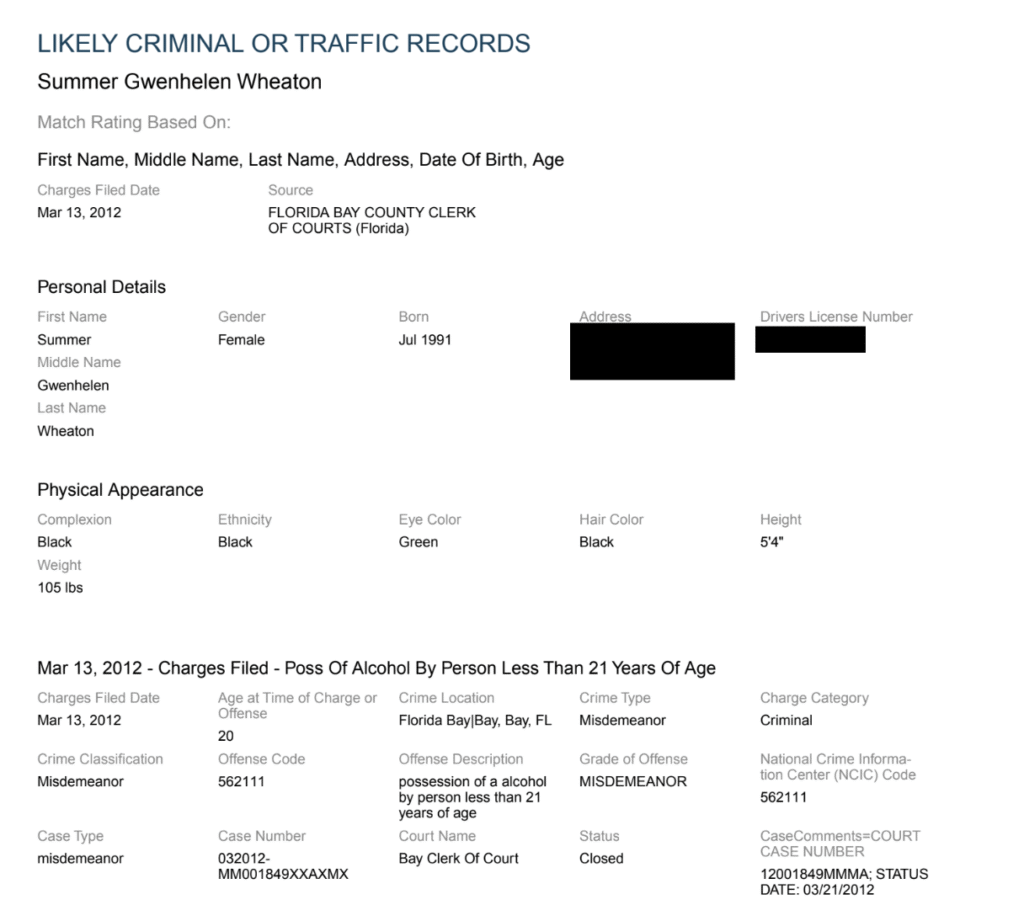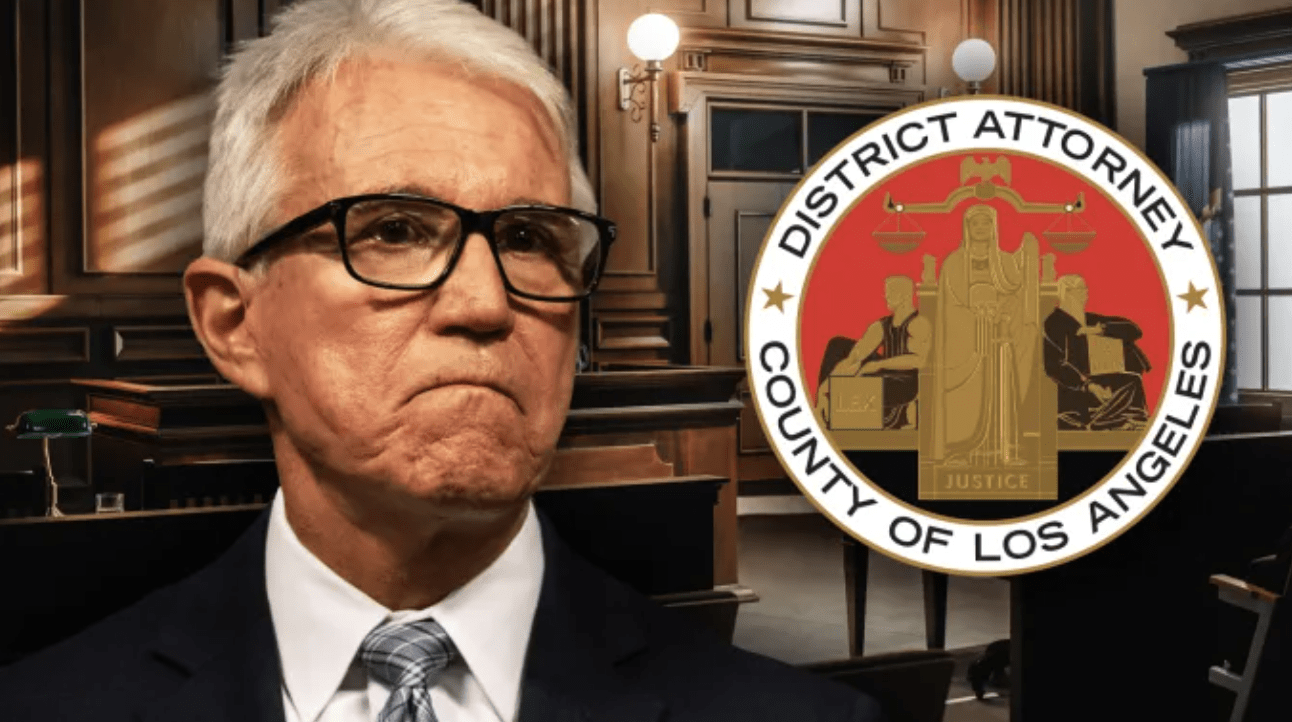In Los Angeles County, where District Attorney George Gascón rose to power on the post-George Floyd wave of “reform,” the promise of fairness has been twisted into a political weapon. The California Racial Justice Act, created to prevent bias and ensure equality in prosecution and sentencing, has been turned on its head. Instead of shielding defendants from discrimination, it now enables selective prosecution, a system where perception, politics, and identity determine who is punished and who is protected.
Under Gascón’s pro-criminal, anti-“privilege” agenda, defendants perceived as affluent or “advantaged” have become easy targets in a justice system obsessed with optics. The same DA who publicly champions leniency for repeat violent offenders from “disadvantaged” communities has no hesitation in throwing the full weight of the state against defendants who appear to represent wealth, success, or privilege. What was sold to voters as reform has become retribution.
In the years following 2020, justice in Los Angeles County shifted from the courtroom to the newsroom. The Racial Justice Act was passed to eliminate bias, but instead it institutionalized a new form of it. The law’s intent – to ensure that race, ethnicity, or background never factored into charging or sentencing – was quickly subverted under Gascón’s leadership, where social optics replaced evidence as the primary driver of prosecutorial discretion.
While violent offenders and repeat criminals are released under “equity reform,” prosecutors now overcharge those perceived as symbols of privilege to prove ideological purity. The courtroom became the stage, and defendants like Rebecca Grossman and Fraser Bohm became headline sacrifices.
In the midst of the politically charged atmosphere surrounding progressive “reform” during the pandemic of 2020, Rebecca Grossman, a philanthropist and mother of two, was involved in a horrific accident that killed two young brothers, Mark and Jacob Iskander. It was an unimaginable tragedy, and one that prosecutors under embattled DA George Gascón used as an opportunity for political and personal gain as a result of the racially charged atmosphere post George Floyd era.
Grossman was following closely behind another vehicle traveling ahead of her on Triunfo Canyon Road. That driver, former MLB baseball player Scott Erickson, was approximately three seconds in front of her, and was captured on surveillance footage traveling at a faster speed. Despite his proximity to the crash scene, he was never questioned the night of the accident, and his vehicle was never examined. Evidence collected at the scene matched the description of his car, yet that evidence later went missing, even though it had been logged on the original evidence list.
Grossman has acknowledged her responsibility for the crash and expressed profound remorse for the deaths of the two children. She had no prior DUI history, her blood-alcohol content was below the legal limit, and prosecutors admitted there was no evidence of racing – as confirmed by Deputy District Attorney Ryan Gould during Erickson’s hearing. Yet, despite the absence of intent to harm, Grossman was charged with second-degree murder under the Watson doctrine – a law enacted in 1981 to target repeat drunk drivers who had previously been warned about the dangers of driving under the influence.

The Watson charge was never meant for cases like this. Yet prosecutors argued that “speed alone” was enough to establish “implied malice,” effectively rewriting the doctrine in the process. Key witnesses were omitted, including investigators who first arrived on scene, and evidence that could have complicated the state’s narrative was left out.
Crucially, audio and video evidence shows that Grossman did not flee the scene and demonstrates her visible concern for the children. Still, this was ignored in favor of a made-for-media narrative portraying her as callous and entitled. Her conviction was built on emotion, not law, and it now stands as one of the most extreme examples of prosecutorial overreach in modern California history.
In October 2023, Fraser Michael Bohm, a 22-year-old Malibu resident, was involved in one of the deadliest collisions in local memory. Investigators alleged his BMW reached speeds up to 104 mph in a 45-mph zone before losing control and striking parked vehicles along Pacific Coast Highway. Those vehicles were pushed into four Pepperdine University students – Niamh Rolston (20), Peyton Stewart (21), Asha Weir (21), and Deslyn Williams (21) – who were walking nearby. All four died instantly.


Prosecutors immediately charged Bohm with four counts of second-degree murder and four counts of vehicular manslaughter with gross negligence, arguing that his excessive speed demonstrated “implied malice.” However, Bohm was sober, had no prior record, and defense experts contend his speed was overstated, with black-box data suggesting closer to 70 mph. His attorney, Alan Jackson, also argued another vehicle cut him off in a road-rage encounter, forcing him into the crash. On Hot Mics with Billy Bush, Jackson maintains Bohm was “wildly overcharged” by Gascon, an embattled politician getting hammered daily for his soft on crime policies, who used the Bohm case to “right the ship” during his re-election campaign.
Rather than allow the investigation to unfold, Gascón’s office quickly elevated the charges to murder, leveraging the tragedy for headlines. Once again, the same pattern appeared: when the defendant was white, and affluent, the system demanded blood.
In contrast to these two cases, in July 2024, social-media influencer Summer Wheaton killed 44-year-old Uber driver Martin Okeke while a minor passenger survived. According to Malibu Daily News, Wheaton was legally intoxicated, had a documented history of impaired driving, and a prior misdemeanor charge for possession of a controlled substance as a minor.

By every metric, Wheaton’s case met- and arguably exceeded – the threshold for a Watson murder charge. She was under the influence, speeding, and had a record of prior impairment. Yet Gascón’s office handled her case quietly, allowing the announcing of charges to drag on for months, with no murder charge, no press conference, and no calls for accountability.
Why? Because Wheaton’s profile fit the post-reform narrative – Black, young, female, and framed as “rehabilitatable.” Grossman and Bohm, on the other hand, were perfect villains: white, from affluent areas, and symbolic of “privilege.”
Just this month, another fatal crash laid bare the hypocrisy of California’s so-called justice reform. An illegal Indian national driving an 18-wheeler on the 10 Freeway while allegedly impaired slammed into multiple vehicles, killing three people. Despite the egregious circumstances – unlicensed, intoxicated, and with multiple victims – he was not charged with murder.
The contrast is staggering. When an undocumented or minority driver kills multiple people while impaired, the case is softened, spun, or buried. When a white woman from Westlake Village or a young man from Malibu is involved in an accident, it becomes a career-making headline for prosecutors eager to showcase “accountability.”
This selective application of justice exposes a deep ideological rot, one where the legal system now punishes identity over intent.
What the Racial Justice Act was meant to stop, prosecutions rooted in bias, is now happening in reverse. Privilege itself has become the new prejudice. Prosecutors once cautioned to avoid bias are now encouraged to weaponize it under the guise of social justice.
Under Gascón, the scales of justice have been flipped: leniency for the repeat offender, condemnation for the citizen who represents stability or success. The same law written to ensure fairness now shields criminals and punishes the law-abiding. The result is a justice system divided not by evidence, but by identity.
This is not justice. It’s selective prosecution masquerading as reform. It’s the deliberate inversion of accountability to serve a political agenda. The same DA who insisted on rehabilitation for violent offenders refused to extend the same humanity to those deemed “privileged.”
In Los Angeles County, the law no longer punishes intent, it punishes image.
The Grossman and Bohm cases should terrify every Californian. If the state can label an accident a murder based on who you are – not what you did – then justice no longer belongs to the people. When prosecutors choose defendants to fit a cultural script, when equality becomes revenge, and when reform turns into ideology, no one is safe.
This is not progress – it’s persecution. And in Los Angeles County, it now wears the mask of justice.


Follow Us